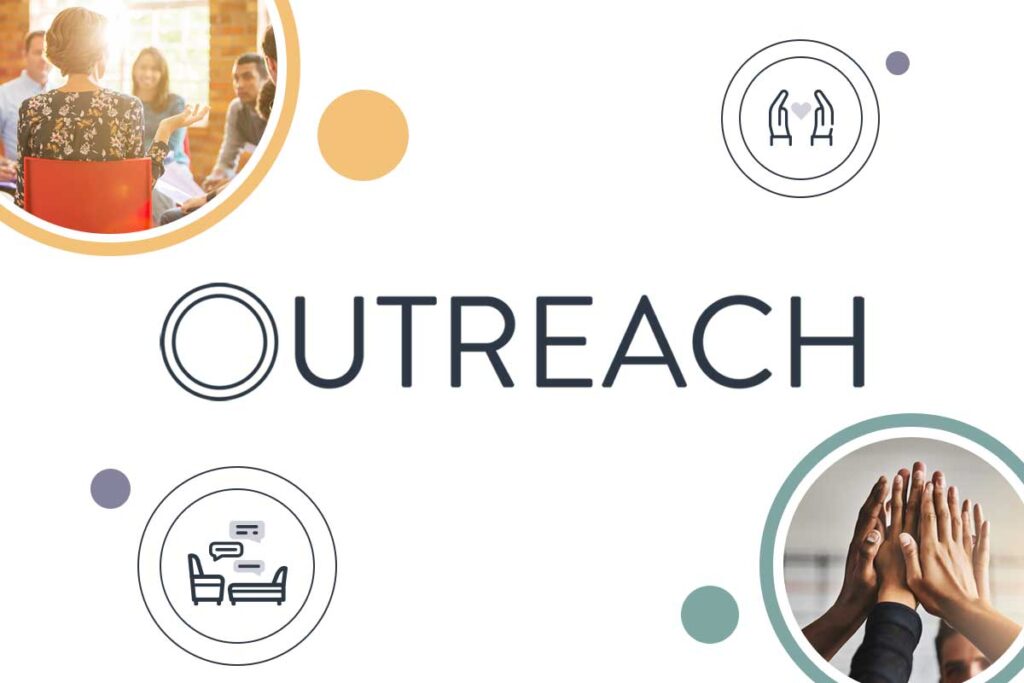Heroin addiction is a complex and challenging disease that affects millions of people worldwide. Addiction to heroin can cause both physical and psychological dependence, making it difficult to stop using the drug once you begin. Fortunately, there are various heroin rehab treatment programs available to help individuals overcome their addiction and achieve lasting recovery.
In this article, we wanted to help you understand what types of rehab treatment programs are available to individuals struggling with addiction, as well as what you can expect from a heroin rehab program in Maryland.
Inpatient versus Outpatient rehab programs
Inpatient rehab programs provide 24-hour care to individuals struggling with addiction. These programs offer structured schedules with a mix of therapies and activities to support recovery. Inpatient rehab programs typically last for 30-90 days and are best suited for individuals with severe addiction or those at risk for relapse in their home environment. During inpatient rehab, individuals live at the treatment facility and receive around-the-clock care from a team of medical professionals.
Outpatient rehab programs, on the other hand, offer flexible schedules and allow individuals to continue with their daily activities while receiving treatment. Outpatient rehab programs, like inpatient programs, offer a mix of individual and group therapy sessions. Outpatient programs are typically best suited for those with mild to moderate addiction or those who have completed an inpatient program prior.
Medication-assisted treatment (MAT)
Medication-assisted treatment (MAT) is a type of treatment that combines medication and therapy to manage withdrawal symptoms and aid the recovery process. MAT is often used to treat opioid addiction, but can also be used for heroin addiction. Medications used in MAT include methadone, buprenorphine, and naltrexone.
MAT can be administered on an outpatient basis or as part of an inpatient rehab program. This type of treatment can be highly effective in managing withdrawal symptoms and reducing cravings, making it easier for individuals to focus solely on their recovery.
Stages of heroin rehab treatment
Regardless of the type of heroin rehab treatment program, treatment typically involves several stages.
Detoxification
The first stage of heroin rehab treatment is detoxification. This stage involves the process of removing heroin from the body. During detoxification, individuals may experience withdrawal symptoms such as nausea, vomiting, and muscle aches. Medications may be used to manage these symptoms while the body adjusts.
It’s important to note that detoxification alone is not enough to treat heroin addiction. While it is a necessary first step, individuals must also address the underlying issues that led to their addiction in order to achieve long-term recovery.
Therapy and counseling
Therapy and counseling are essential components of heroin rehab treatment. These sessions provide individuals with the tools and skills needed to cope with triggers and address underlying issues that may have contributed to their addiction. Therapy sessions may include individual, group, or family therapy, depending on the individual’s needs.
During therapy and counseling sessions, individuals may explore the root causes of their addiction, such as past trauma or mental health issues. They may also learn healthy coping mechanisms to manage stress and avoid relapse.
Aftercare and relapse prevention
The final stage of heroin rehab treatment is aftercare and relapse prevention. This stage involves ongoing support to help individuals maintain their recovery and prevent relapse. Aftercare may include regular therapy sessions, medication management, and engagement in support groups such as Narcotics Anonymous or SMART Recovery.
Aftercare is a crucial component of heroin rehab treatment because it provides ongoing support and accountability for individuals in recovery. It can also help individuals build a strong support network of peers who understand the challenges of addiction and recovery.
If you or a loved one is seeking help for addiction, Outreach Recovery offers heroin rehabilitation programs in Maryland. We have locations located in Frederick, Easton, and Catonsville Maryland, as well as a Seaford, Delaware location. Get in touch with us today to learn more.

